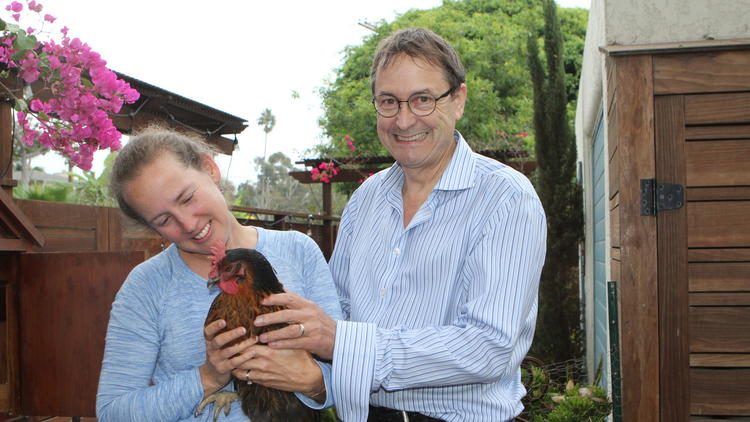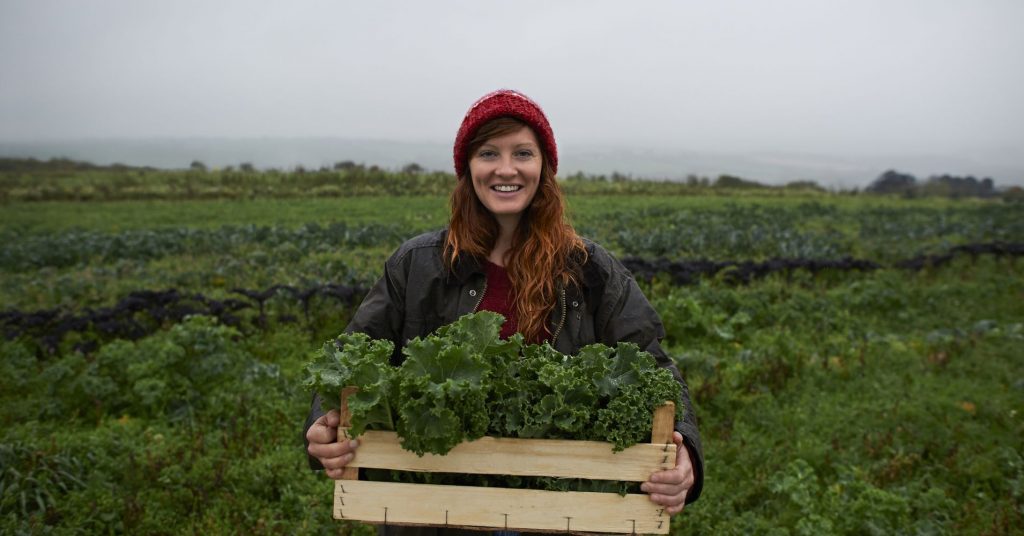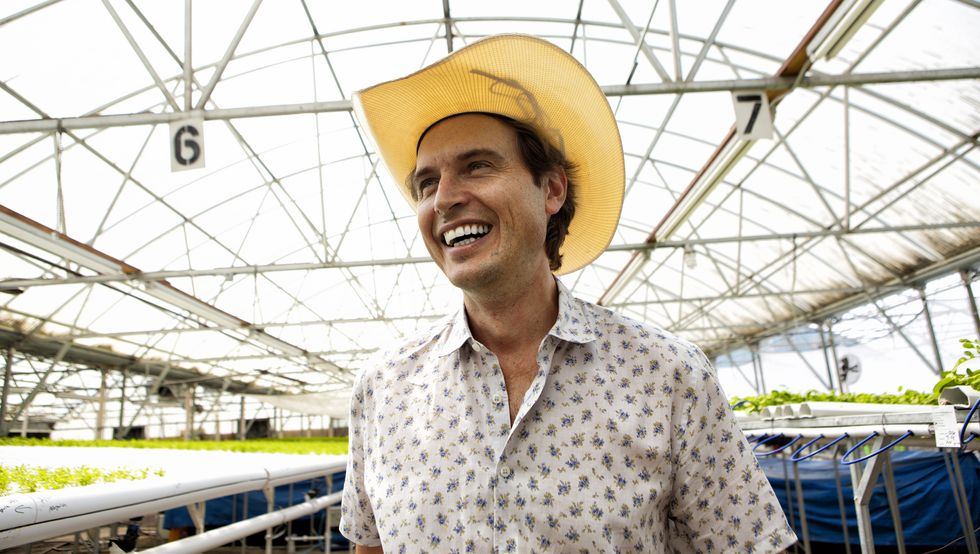
“Regulations allow two miniature goats, two beehives and up to 25 hens (not roosters, because those are the chickens that crow at sunrise) on every residential property in the City of San Diego — with restrictions depending on the distance they’re kept from property lines.
Considering how crowded La Jolla is, these regulations do not affect very many of its residents. But a maverick few dozen — those with larger houses and, usually, income streams — pour dozens of hours of hard and dirty work and hundreds of dollars a month into food they’re proud to grow themselves.
Todd Lesser, owner of a telecommunications company, grew up on an old apricot and prune orchard in the Bay Area and has done his best to reproduce it on the half acre he and his wife, Nanette, own on Mt. Soledad.”
READ THE FULL ARTICLE AT: “JaJollaLight.com“




